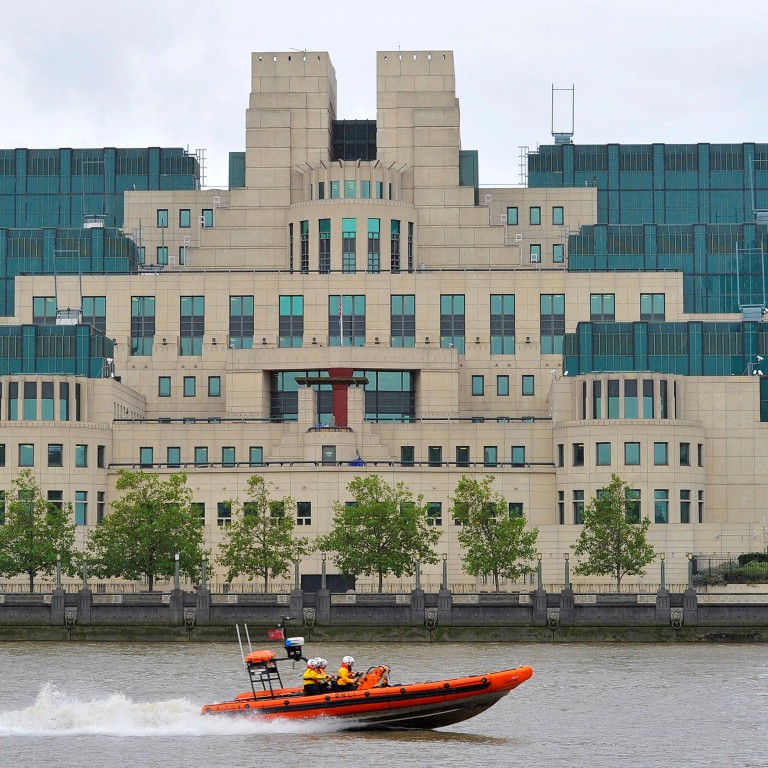
To avoid China-Taiwan military conflict, send Xi clear message on consequences: British spy chief
- Chinese president, keenly watching developments in Ukraine, needs to be reminded of risks of a ‘misjudged invasion’, says head of MI6
- ‘We devote more effort to China than any other single subject,’ spy chief adds, saying it poses a bigger threat than counterterrorism
“It’s important that President Xi, as he calculates what he may or may not do with Taiwan, looks at what can go wrong with a misjudged invasion,” Moore added. “It’s important that we remind him of those risks.”
Moore on Wednesday described the Russian military as “running out of steam” in Ukraine, facing a shortage of manpower and materiel, with the scenario likely triggering an “operational pause” that would allow Ukrainians a chance to strike back.
Meanwhile, Xi was watching events in Ukraine “like a hawk”, Moore said. He believed the Chinese leader “underestimates US resolve and power and that might lead him to miscalculate issues that we have been talking about over the last couple of days, particularly Taiwan”.
“We devote more effort to China than any other single subject,” he said. “It reflects the seriousness of the mission for us.”
‘Surprising shortfalls’ in China military show lack of readiness: US analysts
While China’s strategic intent was not difficult to discern, Moore said, its tactics in implementation and organisation as well as its capabilities continued to be a “black box” for the Western intelligence community.
The MI6 chief has broken tradition in recent months by going public with his agency’s goals and challenges – delivering his first public speech in December and his first interview in Britain in January. In perhaps a sign of his transparent approach, Moore suggested Western leaders find “middle-ground countries” to counter China’s growing sway.
Nato leaders say China is a ‘systemic challenge to Euro-Atlantic security’
Such partners might “not share our political systems, but they are a vital battleground for us as we seek to compete with the Chinese”, he explained, saying Beijing would fill any void in those places.
On Wednesday, Qin Gang, the Chinese ambassador to the US, called Beijing’s stance on the war in Ukraine “fair and objective,” adding that “legitimate security concerns of all countries must be taken seriously”.

